Data Debrief: Social-Emotional Learning Constructs
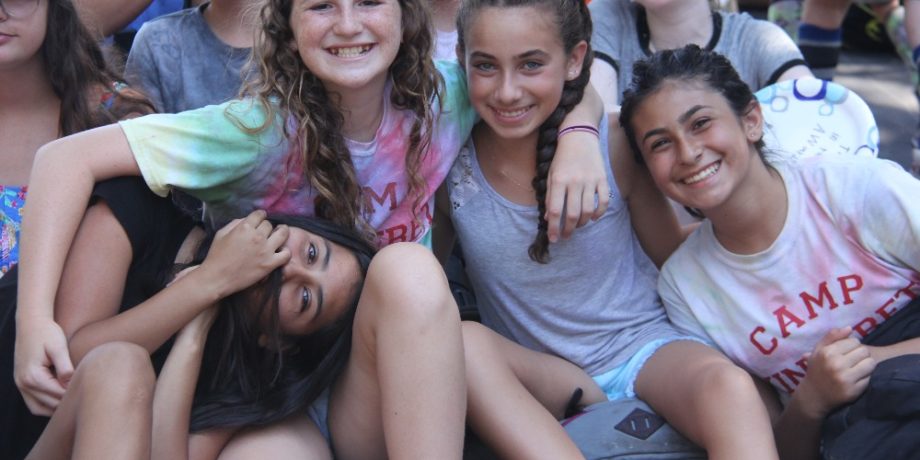
Data Debriefs concentrate on the findings from our summer 2017 research-practice partnership with Challenge Success. If this is your first visit to our blog, we recommend that you start here for an overview of why we’re talking about research at camp.
Data not really your thing? Check out our Beyond The Data posts (like this one) for real stories about learning and growing at camp!
Hello again, and welcome to our first Data Debrief! This post will introduce you to the research questions we were hoping to answer, as well as to the 10 social-emotional learning constructs, or sub-categories, that the study measured. In other words, we want to start these Data Debriefs by talking about what exactly we mean when we talk about social-emotional learning (SEL) at camp.
The Research Questions
Research studies typically start with a research question or questions. Research questions give a study its focus and guide all the stages of research, from inquiry (collecting data) to analysis (interpreting data) to reporting (presenting data). The study we participated in was guided by the following research questions:
- In what ways does the summer camp environment support camper engagement and well-being?
- In what ways does summer camp provide campers with opportunities to practice and develop social and emotional learning (SEL) skills?
The Framework
Social and emotional learning (SEL) is increasingly used as a framework for how educators, families, schools and communities partner to promote children’s growth and well-being. When we talk about SEL at camp, we’re relying on the same definition used by the Collaborative for Academic, Social, and Emotional Learning (CASEL): Social and emotional learning (SEL) is the process through which children and adults acquire and effectively apply the knowledge, attitudes, and skills necessary to understand and manage emotions, set and achieve positive goals, feel and show empathy for others, establish and maintain positive relationships, and make responsible decisions.
SEL encompasses all sorts of crucial non-academic skills. After all, not all learning is academic, and that not all learning happens in a classroom.
The Constructs
Guided by the above research questions, the study set out to measure 10 main constructs related to social and emotional learning. Think of each one as a separate outcome that we hope to foster here at camp. In no particular order, those constructs are…
Physical Needs 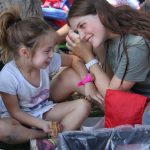
In order to learn effectively, children need to feel safe and secure. They also need to know how to voice their needs. So we measured the extent to which campers’ physical needs were met during their time at camp- from food and water to rest and physical safety.
Emotional Needs 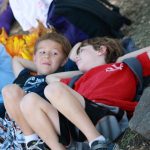
Feelings of safety and security extend to emotional needs as well. We also measured the extent to which campers’ emotional needs were met at camp. Did they feel safe? Accepted? Included? Did camp provide them with a sense of belonging?
Voice and Choice 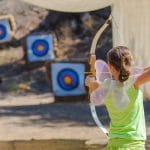
Challenge Success knew from previous research that children are often more engaged in an activity when they have a say over how it should be run and/or when they have an opportunity to choose which activities they do. Their survey questions and activity observations explored the extent to which campers had opportunities to be heard while at camp.
Affective Engagement 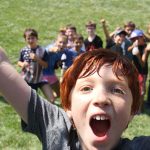
We believe that camp should be FUN – it’s even one of our four basic camp rules! Measuring affective engagement is a fancy way of measuring fun, as well as camper interest level and enjoyment.
Initiative 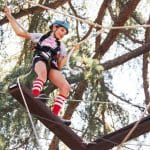
This one’s another big deal for us – we even have a camp activity called ‘Initiatives’ so that campers have lots of chances to practice taking initiative on their own. We measured various sub-skills like campers’ willingness to try new things, take positive risks, persevere through a challenge, and build new skills.
Emotional Management 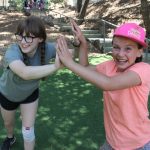
When we talk about measuring emotional management, we’re talking about whether campers had opportunities to practice self-regulation, maintaining self-control, and being able to recognize and constructively handle a range of emotions.
Responsibility 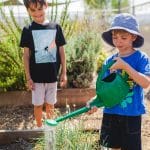
Our hope is to provide our campers with ample chances to practice responsibility away from home each and every camp day. Responsibility skills measured include self-directed decision-making, contribution to the camp community, age appropriate management of daily routine and self-care, and accepting personal responsibility for actions during their time at camp
Independence 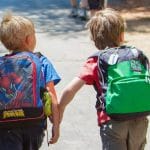
One of the secrets to why camp is so much fun… There are no parents! We wanted to measure the extent to which being at camp on their own allows campers to make decisions on their own, try out problem-solving, and feel more independent.
Teamwork and Collaboration 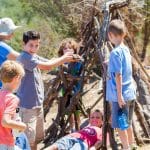
We had hoped that our camp activities were carefully designed to promote teamwork… So we measured that too! The study looked into whether campers had the chance to practice effectively communicating, cooperating, solving problems collaboratively, and supporting others when working together as a group.
Social Skills 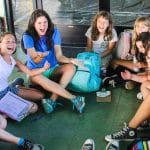
When educators and researchers talk about camp, they often use the phrase ‘socially immersive.’ We wanted to look into just how much campers get to practice relationship-building, empathy, and perspective-taking skills during their time at camp. These skills include the ability to get along with others, connect with new people, relate to others with kindness and acceptance, and understand others’ perspectives and experiences.
The Findings
Challenge Success provided us with a sub-report for each of these 10 constructs full of details on what’s working and why as well as where we have room to improve. Spoiler alert: camp offers social and emotional learning opportunities aplenty (this infographic gives a short rundown of how we do it in 6 key areas). Future Data Debriefs will dive deeper into these constructs, looking at the findings from individual sub-reports.
We hope this post gave you a sense of what this research project is all about. For us, it all goes back to those research questions and their concern for camper well-being and learning. We want camp to be a place where campers can grow into happy, healthy, well-rounded individuals. Thanks for reading!